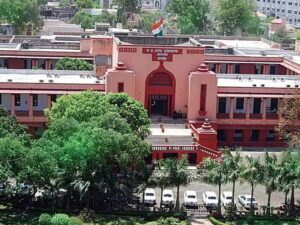Sections 498-A and 306 IPC Appellant was convicted for for allegedly ill-treating his wife leading her to commit suicide by immolatio- Appellant was acquitted, and the conviction was quashed
Sections 498-A and 306 IPC Appellant was convicted for for allegedly ill-treating his wife leading her to commit suicide by immolation The correctness of the conviction based on the evidence, including multiple dying declarations and the alleged illtreatment — Appellant argued that the argued that the prosecution failed to prove the charges, highlighting inconsistencies in the dying declarations and questioning the fitness of the deceased to give statements — The prosecution maintained that the dying declarations were consistent and that the ill-treatment by the husband led to the suicide —The court acquitted appellant, setting aside the conviction due to inconsistencies in the dying declarations and lack of evidence proving the charges beyond a reasonable doubt —The court found significant inconsistencies in the dying declarations and noted the absence of certification of the deceased’s fitness to give statements —The court emphasized the need for clear evidence of abetment and mental cruelty to sustain a conviction under Sections 498-A and 306 of the IPC — Appellant was acquitted, and the conviction was quashed due to insufficient evidence and procedural lapses in recording the dying declarations.
Ejaz vs State of Maharashtra CRLA 289/02 10/09/24 [ BOMBAY HIGH COURT ]

